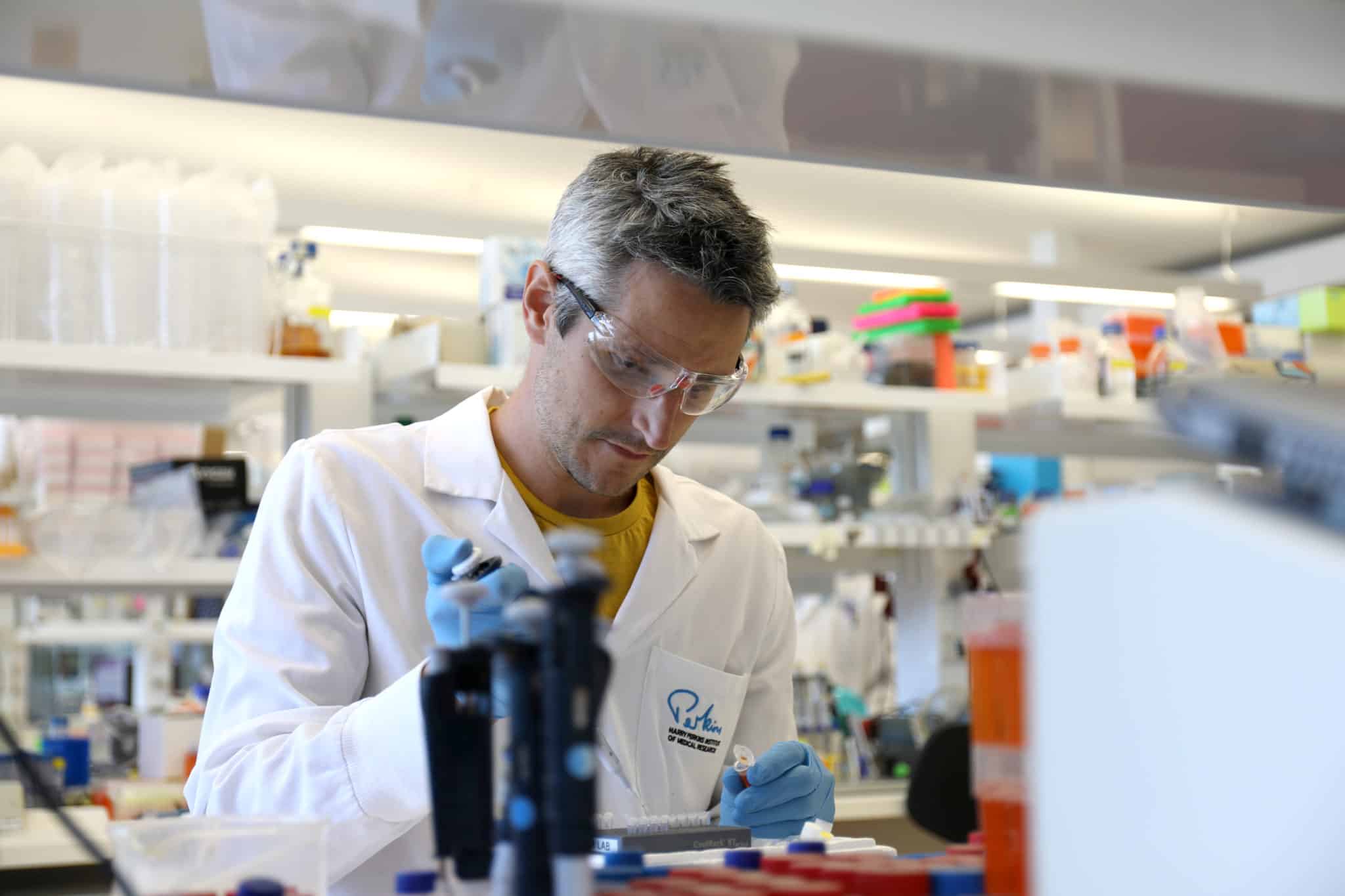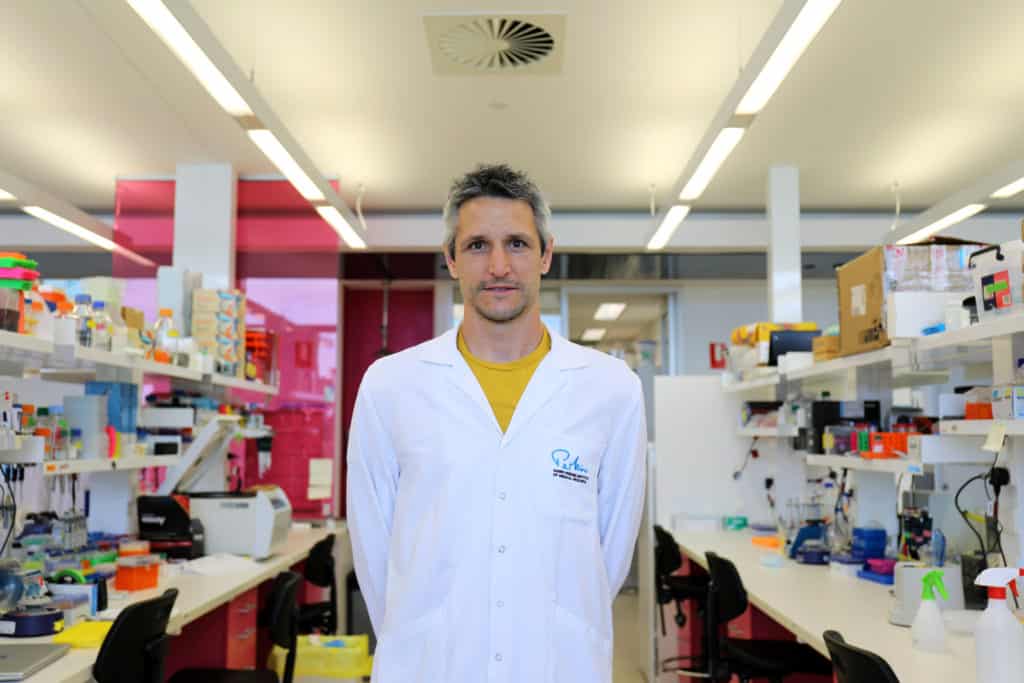
The plan called Safe Harbour is the brainchild of Perth’s Harry Perkins Institute of Medical Research. It is designed to provide more sustainable career paths for scientists establishing their scientific careers, allocating funds raised by West Australians.
Philanthropists and Private Ancillary Funds (PAF)s are being asked to fill the Federal Government’s grant funding shortfall in medical research that is taking a disproportionate toll on the careers of young and mid-career scientists.
Harry Perkins Institute Director Professor Peter Leedman AO said, “we are testing this new Safe Harbour program to see if it can fill a funding gap affecting Australia’s scientific future.
“Early to Mid-Career Researchers (EMCRs) are the engine room of laboratories. Typically, each has had 10-15 years intensive post-secondary education and training, averaging an investment of $500,000.
“But the incomes and careers of these EMCRs are dependent on their ability to secure research income from the major grant funding bodies such as the National Health and Medical Research Council (NHMRC) and the Australian Research Council (ARC), and those grants are extremely difficult to get,” Professor Leedman said.
In 2021 Federal Health Minister Greg Hunt announced that 248 researchers nationally will share $239m in NHMRC Ideas Grants spanning five years. More than 2,600 applicants across Australia were unsuccessful.
“That means less than 10 percent received a grant. It is a tragedy for Australia that many EMCRs are leaving the industry because of a lack of career stability.
“It is utterly unsustainable for scientific discoveries with the real potential for commercialisation to be cut off at the knees by the current vagaries of Australia’s grant funding system. If we don’t do something to nurture this cohort, I fear we will lose the next generation of scientific pioneers.”
The Harry Perkins Institute’s Safe Harbour program aims to support its leading EMCRs with two Fellowships a year valued at $285,715 per annum for three years.
Dr Olivier Clement profile

Dr Olivier Clement, inaugural recipient of the Harry Perkins Institute’s Safe Harbour Fellowship
Dr Clement works in the genome biology and genetics laboratory at the Harry Perkins Institute of Medical Research. He investigates the molecular mechanisms that control memory formation, storage and recollection.
“Memories make us who we are and are essential for our survival as they help us to predict what’s coming based on past experiences.
“They are formed by physical and physiological modifications to the brain. The formation or recollection of a specific memory induces activity in an area of the brain where memories are stored and can lead to genetic changes that are ultimately responsible for the permanent storage, update or forgetting of the originally acquired memory.
“My project focuses on understanding the fine molecular processes regulating memory which are critical for the development of diagnoses and treatments for the myriad of neurodevelopmental and neuropsychiatric disorders that result in impaired memory function.”
Dr Clement obtained a Master of Science in molecular and cellular biology from the École Normale Supérieure de Lyon and a PhD in Neuroscience from the University of Lyon and the Lyon Neuroscience Research Center (CRNL), in France. He relocated to Australia and the Harry Perkins Institute of Medical Research in 2016. In 2018, joined the the Genome Biology and Genetics Laboratory of the 2020 joint WA Scientist of the Year Professor Ryan Lister.
